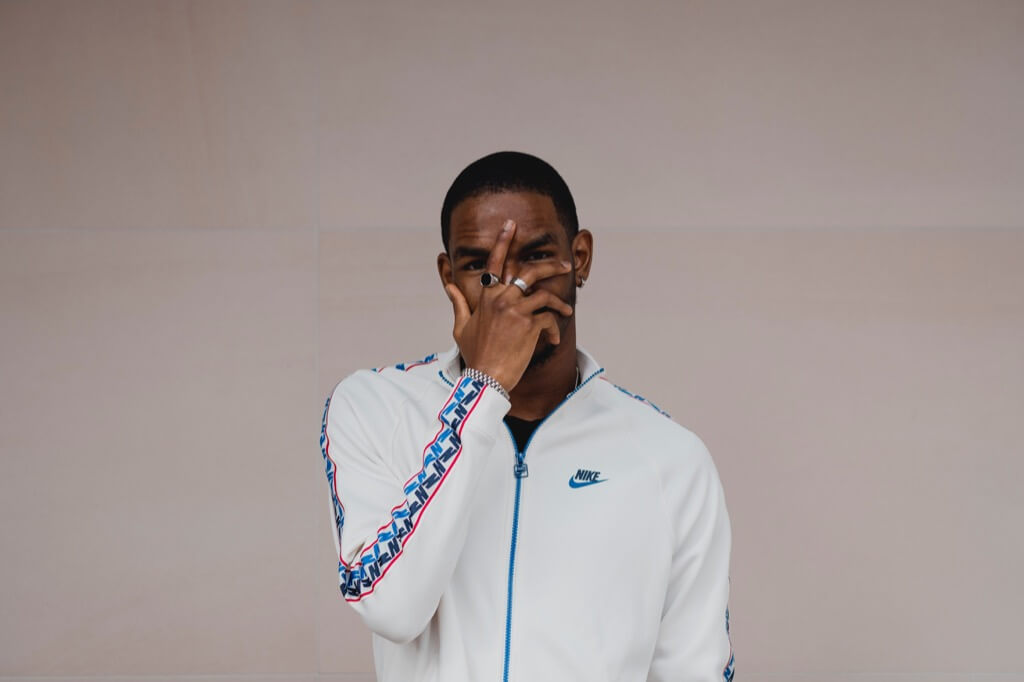
The portrayal of blind individuals in popular media, like the superhero Daredevil, often suggests a mysterious enhancement of their other senses following vision loss. This concept has sparked curiosity: do blind people truly develop heightened senses in the absence of sight?
Contrary to popular belief and the allure of superhero narratives, the simple truth is that blindness does not inherently enhance other senses. This statement might seem surprising, especially considering the common portrayal of extraordinarily perceptive blind individuals in media and literature.
Numerous scientific studies and surveys among the blind community reveal a consensus: blind individuals do not possess intrinsically superior hearing or touch compared to sighted people. The physiological aspects, like the sensitivity of the eardrum, remain unchanged. Similarly, no significant alteration in the brain’s processing of sensory information is observed in most cases.
The apparent heightened perception in blind individuals is less about sensory enhancement and more about attention and practice. When sight is unavailable, reliance on other senses naturally increases. This reliance is not a result of enhanced senses but rather a heightened awareness and focused attention.
For instance, a sighted person might hear a car but not attempt to gauge its distance solely by sound. In contrast, a blind person, by necessity, develops a more nuanced understanding and interpretation of auditory information. Brain scans support this, showing that visual perception can inhibit other sensory processes. This phenomenon explains why closing your eyes to listen more intently or turning down the radio to see better while driving is a common experience.
The key to the seemingly superior perception of blind individuals lies in continuous practice. For example, while a sighted person might locate a TV by sound, a blind person, through experience, might also infer the presence and distance of a wall behind it, based on sound reflection.
Echolocation, the ability to locate objects through reflected sound, is often associated with blind individuals. However, research indicates that sighted people, with sufficient practice, can develop comparable echolocation skills. This finding further underscores the role of practice over innate sensory enhancement.
Sensory Acuity in Blindness
Despite the common myth, blind persons do not inherently have more acute senses. According to the National Federation of the Blind, while blind individuals may develop a keener usage of their other senses through experience or training, there is no measurable enhancement in the acuity of these senses. In essence, losing one’s vision does not biologically amplify the capacity of the remaining senses.
Neurological Adaptation
However, this is not the entire story. Research led by Massachusetts Eye and Ear found that the brains of those born blind can rewire themselves in the absence of visual stimuli. This neural plasticity can lead to compensatory abilities, such as a heightened sense of hearing, smell, and touch, and even enhancements in cognitive functions like memory and language. It’s a testament to the brain’s remarkable ability to adapt and compensate, but it doesn’t imply that blind individuals have inherently superior sensory capabilities from birth.
The Superiority of Hearing
When comparing senses, it’s interesting to note that hearing has unique advantages. As highlighted by a piece in dispatch.com, sounds can be detected from great distances and all directions, they penetrate sleep, and they provide rapid communication to the brain. This doesn’t imply that blind people have better hearing, but rather that hearing as a sense has distinct qualities that can be more informative in certain contexts than vision.
Taste Sensitivity and Blindness
The relationship between blindness and taste is another intriguing aspect. Research indicates that blindness, particularly when it occurs early in life, is associated with increased gustatory sensitivity, but interestingly, this enhancement is specific to the salty taste. This finding suggests that sensory compensation in blindness can manifest in nuanced and unexpected ways, extending beyond hearing and touch.
The notion of blind individuals possessing naturally enhanced senses is more myth than reality. While it’s a compelling narrative for superhero stories, the real-world experience of blindness involves a complex interplay of attention, practice, and adaptation rather than a miraculous enhancement of other senses.
Statistics
- Studies have shown that individuals who are born blind or lose their vision early in life often develop a more nuanced sense of hearing. This enhancement particularly pertains to musical abilities and tracking moving objects in space, such as navigating a busy road using sound alone.
- Research indicates that in the auditory cortex, blind individuals exhibit narrower neural “tuning” in discerning small differences in sound frequency compared to sighted subjects. This finding suggests a refined auditory perception in the blind, particularly in frequency discrimination.
- The brains of people who are born blind or become blind early in life demonstrate remarkable neuroplasticity. An area of the brain, known as hMT+, typically responsible for tracking moving visual objects in sighted individuals, adapts to process auditory signals in blind individuals. This adaptation allows them to track moving auditory objects, like cars or footsteps, more effectively.
- Studies have found that the brains of blind individuals are better equipped to represent frequencies. This enhanced ability to identify sounds is attributed to the reliance solely on auditory information, in contrast to sighted individuals who use visual cues to recognize objects.
- A study comparing congenitally blind and sighted participants revealed that the congenitally blind had significant advantages in identifying the source of a sound, regardless of its location. They were also equally adept at placing sounds in front of or behind them, a task where sighted participants showed less accuracy, particularly for sounds originating from behind.
- MRI studies on individuals with early blindness (those born with or acquiring profound blindness before the age of three) have shown structural and functional connectivity changes in their brains. These changes include enhanced connections between different brain areas, which are not observed in normally sighted individuals.
- The unique connections observed in the brains of profoundly blind individuals highlight the brain’s ability to ‘rewire’ itself through neuroplasticity in the absence of visual information. This rewiring boosts other senses, such as hearing, smell, and touch, as well as cognitive functions like memory and language.
- While not all blind people have enhanced hearing, many outperform sighted people on specialized hearing tests, such as sound localization tasks. This suggests that, on average, people who have been blind from an early age are better at such tasks than people with sight. Brain scans also indicate that parts of the brain normally used in processing sight may be repurposed to enhance a blind person’s ability to process sound.
How Can You Support a Blind Person’s Enhanced Listening Abilities?
If you know someone who is blind, understand that their heightened sense of hearing is often a result of practice and attention, not a supernatural ability. You can support them by minimizing unnecessary noise and offering clear, verbal descriptions of surroundings and activities.
Can Learning Musical Instruments Help Blind Individuals?
Absolutely. Since many blind individuals develop nuanced hearing, especially for music, learning to play an instrument can be both enjoyable and beneficial. It can enhance their auditory skills and provide a rewarding hobby.
Should You Rely on Enhanced Hearing as a Blind Person?
While your hearing might become more attuned due to increased reliance and practice, remember it’s not infallible. Always use a combination of all your senses and tools available to you, like a cane or a guide dog, for navigation and understanding your environment.
How Can You Improve Your Listening Skills as a Blind Person?
Practice actively listening to different sounds in various environments. Try identifying the source and direction of sounds, and pay attention to subtle differences in tones and pitches. This practice can sharpen your auditory perception over time.
Can Participating in Sports Benefit Blind Individuals?
Participating in sports, especially those that require listening skills like goalball, can be beneficial. These activities not only improve physical health but also enhance your spatial awareness and ability to track sounds.
How Can Technology Aid in Utilizing Enhanced Hearing?
There are various technological aids, like smartphone apps and specialized devices, designed to assist blind individuals by enhancing and interpreting sounds.
The notion that blindness leads to inherently superior hearing is largely a myth, yet there’s truth in the enhanced auditory skills often observed in blind individuals. These skills emerge from a combination of neural adaptability and focused sensory use, rather than a mystical enhancement of the senses.
The brain’s ability to rewire itself in response to sensory loss, coupled with the practical necessity of relying more on non-visual senses, results in a heightened auditory perception that reflects the remarkable adaptability of human sensory experience.
